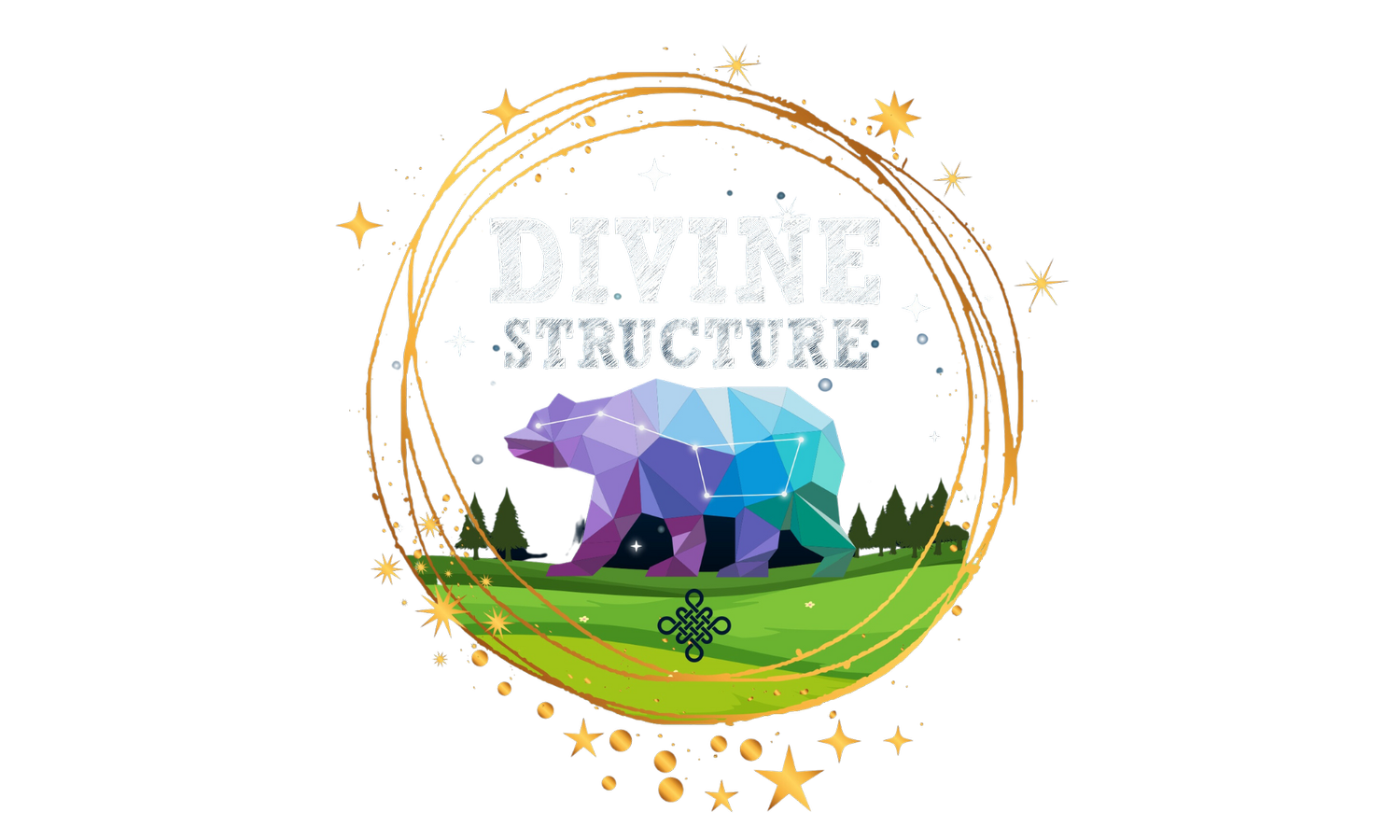Perimenopause and Menopause
I wanted to share what I have been up to since the last newsletter. As someone who thrives on learning, I’ve spent the past year expanding my knowledge of women’s health and aging. I completed the Integrative Women’s Health Institute Perimenopause and Menopause Certificate Program and RUPA Health University’s training in Perimenopause & Menopause 101 with the DUTCH Complete Test. Both programs were a deep dive on all the latest information about women's health after 40.
Going through menopause myself, I recognized a critical gap in information and research about women’s health beyond menstruating years. I was really surprised how tough it was. Science has historically prioritized fertility and sexuality when studying women, leaving menopause scarcely researched comparatively. But here’s the truth: Aging shouldn’t be a slow decline—it should be informed to be a powerful evolution.
Menopause generally presents more biological and physiological challenges for women compared to the aging process for men. While both genders experience hormonal shifts with age, menopause is a sudden and dramatic transition, whereas men experience a gradual decline in testosterone over decades.
Here’s why menopause tends to be harder on women than men:
1. Rapid Hormonal Shift vs. Gradual Decline
• Women experience a sharp drop in estrogen and progesterone over a few years, leading to symptoms like hot flashes, sleep disturbances, mood swings, brain fog, bone loss, and metabolic changes.
• Men undergo andropause, where testosterone declines by about 1% per year after 30 or 40, usually without extreme symptoms.
2. Higher Risk of Chronic Conditions
After menopause, women face increased risks for:
• Osteoporosis (Estrogen protects bones, so its loss accelerates bone thinning.)
• Cardiovascular disease (Estrogen had a protective effect on the heart, and once it declines, heart disease risk catches up to men’s.)
• Alzheimer’s and cognitive decline (Estrogen plays a role in brain health and function.)
Men don’t experience the same sudden loss of protective hormones, so they don’t see as sharp an increase in these conditions at a specific age.
3. Nervous System & Emotional Impact
• Estrogen and progesterone directly influence neurotransmitters, affecting mood, anxiety, and sleep.
• Men’s testosterone decline can affect mood and energy, but it’s usually more gradual and less disruptive.
4. Cultural & Social Pressures
• Women face more age-related stigma around menopause and aging. Society often associates women’s value with youth and fertility, making aging more emotionally and socially complex.
• Men, by contrast, are often seen as “distinguished” with age, facing less societal pressure around their appearance or reproductive changes.
5. Energy & Metabolism Shifts
• Menopause alters metabolism, making it easier to gain weight and harder to maintain muscle mass.
• Men also lose muscle mass with age, but testosterone remains present, helping maintain some metabolic stability.
6. Sleep Disruptions
• Hot flashes, night sweats, and changes in melatonin production make sleep much harder for menopausal women.
• Men experience some sleep changes with aging, but not to the same extreme as women in menopause.
Bottom Line: It’s Not Just Aging—It’s a Transformation
Menopause is a major physiological shift, not just a slow aging process. Women essentially go through a biological reset, impacting hormones, metabolism, brain function, and emotional well-being—often within just a few years. The things we used to do to stay healthy and have things like low triglycerides don't work anymore. So come take my free webinar to find out stuff you can do differently!
Because estrogen receptors are in so many aspects of her body, during menopause and perimenopause women face significant hormonal shifts that impact everything. This includes our bones, muscles, endocrine system, heart, brain, gut, urogenital, immune, and skin. We don’t have to accept struggle as the norm. There are ways to support and strengthen your body through this transition—and that’s where my deep dive into coaching and treating women with nutrition, craniosacral therapy, nervous system health, exercise, and holistic care comes in. One of the most profound things I’ve learned? Feeling safe, calm, and supported is just as essential as diet, supplements, and movement. A strong ventral vagal social nervous system is key to resilience, vitality, and longevity. It is even more important as women age as the stress hormone cortisol causes a lot more problems for women after 40 years old.
For me, that means creating a life that supports my well-being and lower stress:
✅ Less news, more nature
✅ Moving my body—XC skiing, dancing, and embracing joy
✅ Teaching and collaborating with Alexa and Stephen, who have become invaluable to Divine Structure’s Biodynamic Craniosacral Therapy trainings
✅ Building community and prioritizing meaningful connections
I am Reading Eckhart Tolle again “The Power of Now” is a great re-read on the current world we are living in. Very practical and profound teachings across many ideologies. Its on spotify as an audiobook as well!
I believe we thrive together. This is especially true in times of uncertainty. We need each other—and I’ve got your back. Many of us from marginalized communities feel unsafe these days. I choose to focus on respect, understanding, and collective strength as we face uncertainty on our planet. Heal yourself first from the inside so you can help others. Let's start with you!


